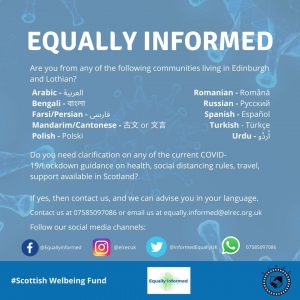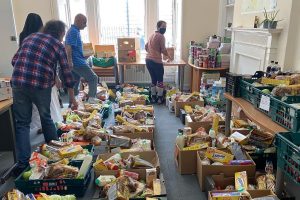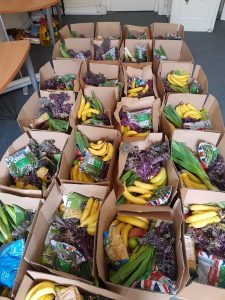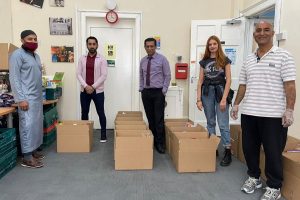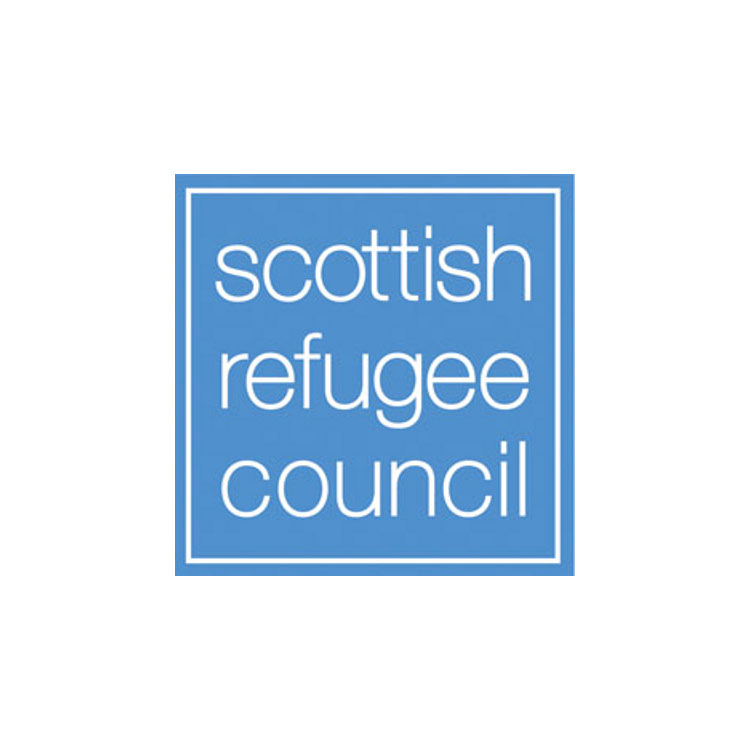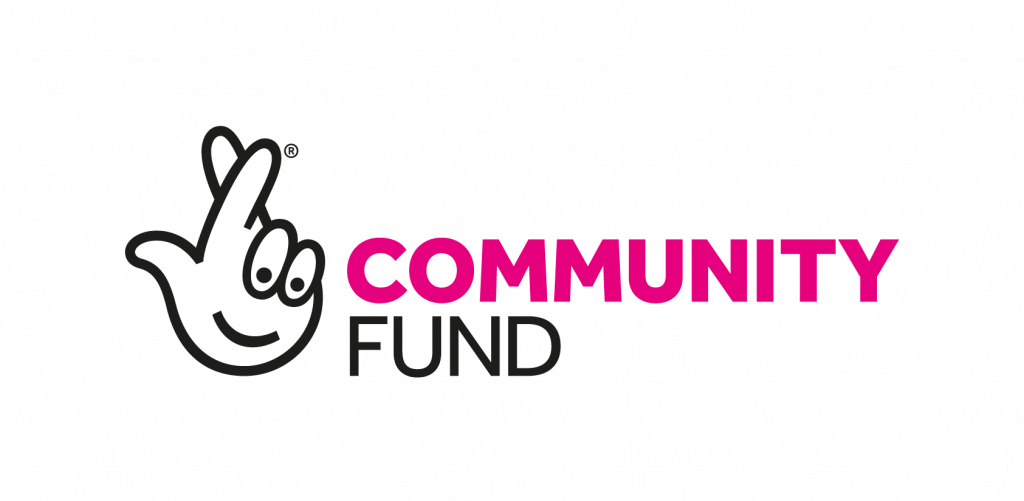SOMRA – Supporting meaningful Occupations for Migrants, Refugees, and Asylum seekers using the Green Entrepreneurship Model is an Erasmus+ funded project.
On this website you will find information about the events organised by the project, the developed resources and a special on-line learning environment.
What is the SOMRA Project about?
SOMRA offers an innovative approach for tackling two major challenges of the 21st century, namely climate change and refugee crises, by engaging refugees, asylum seekers and migrants in meaningful occupations that transform them into environment role models with a sustainable impact in their new and previous home.
The main idea of the SOMRA approach is to enable these main target groups to become true factors of change that influence positive environmental habits that are first established on a local and regional level, and eventually even beyond the borders of the EU.
Therefore, the SOMRA project will pursue the following objectives:
I) Facilitating environmental change on local and regional level through grassroots activities organised by green NGOs and the SOMRA participants
II) Fostering common values and civic engagement of migrant communities in their new environment
III) Offering low-threshold learning opportunities related to environmental measures that increase the employability by strengthening key competences for migrants, refugees and asylum seekers.
For any inquiries about this project please contact the project coordinator, Mitra Rostami, by email mrostami@elrec.org.uk
SOMRA Final Documentary
PROJECT PARTNERS

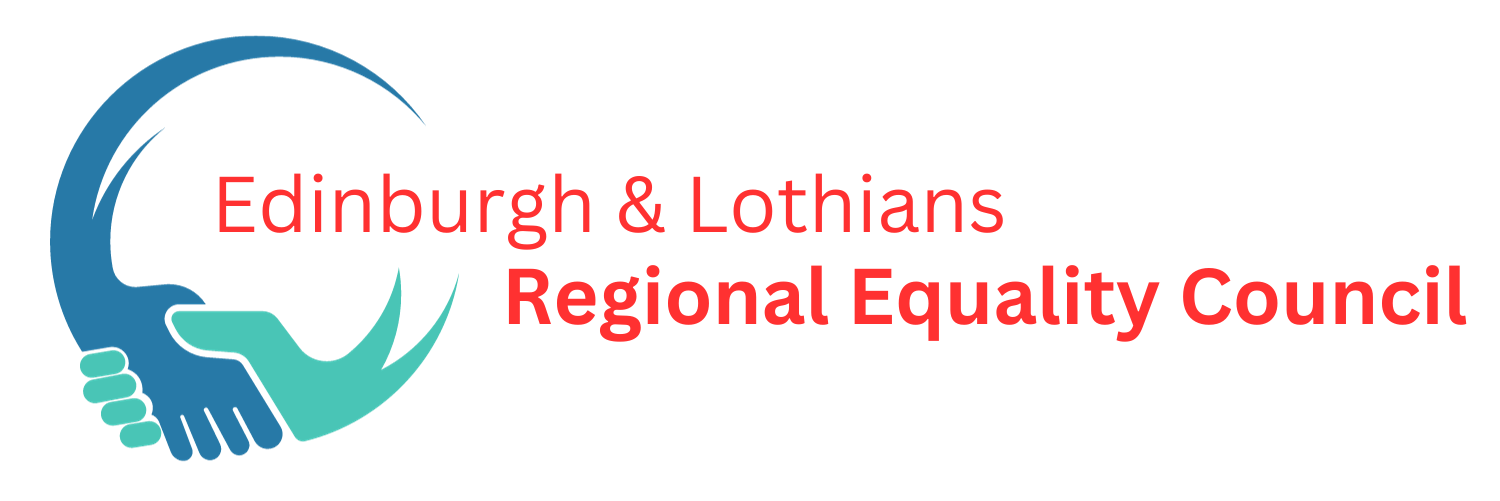
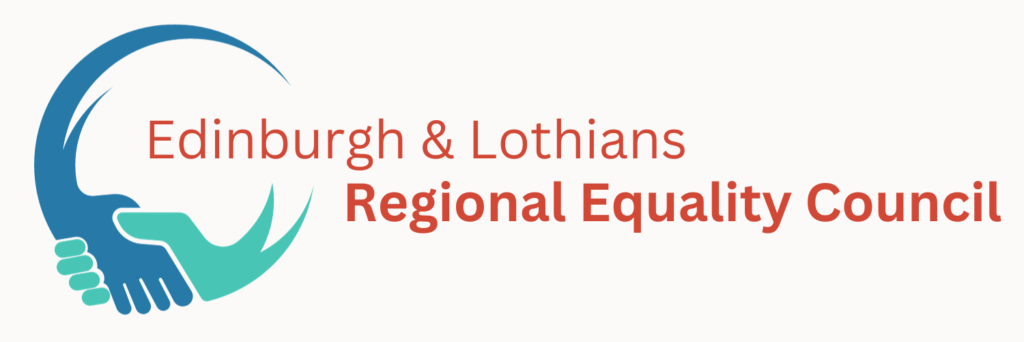
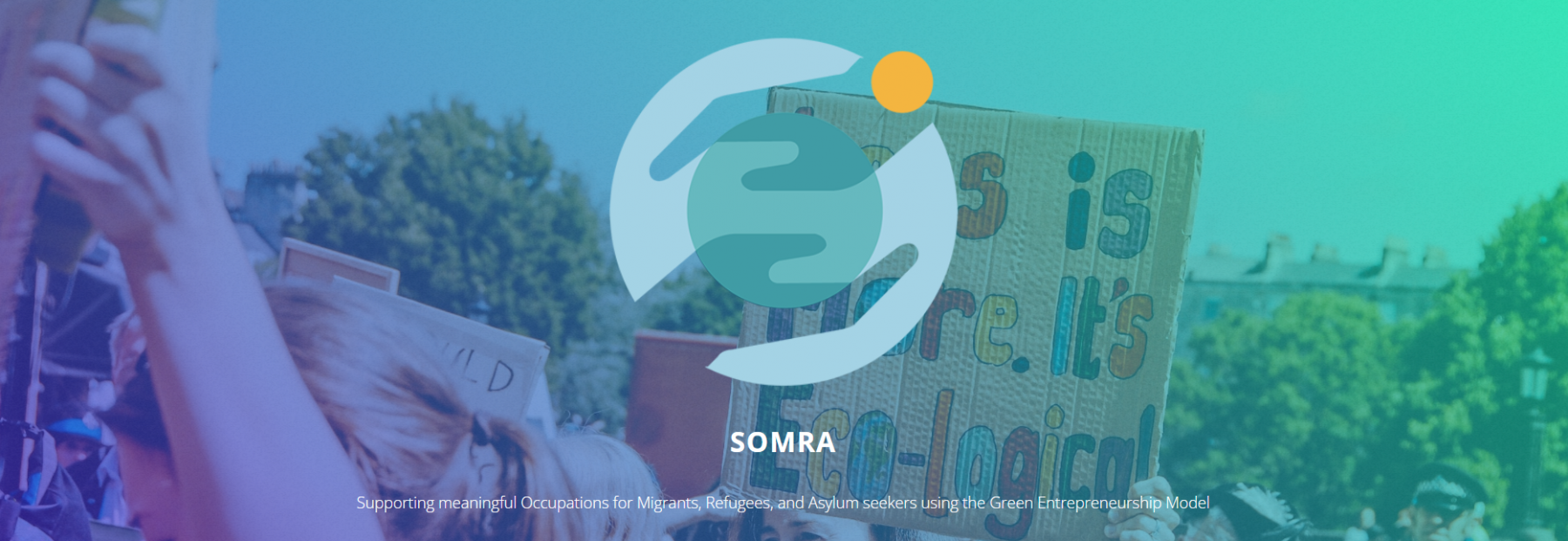
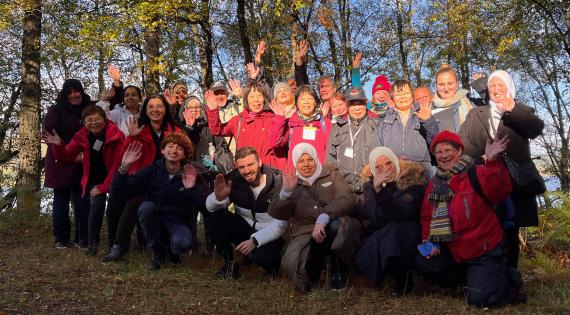
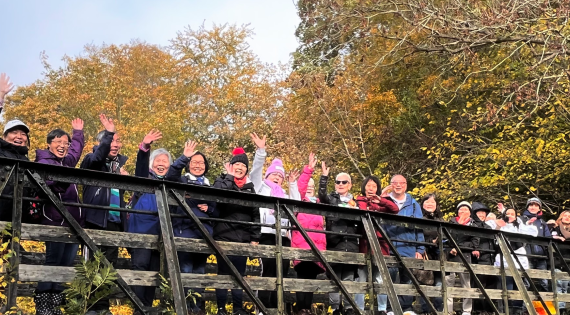
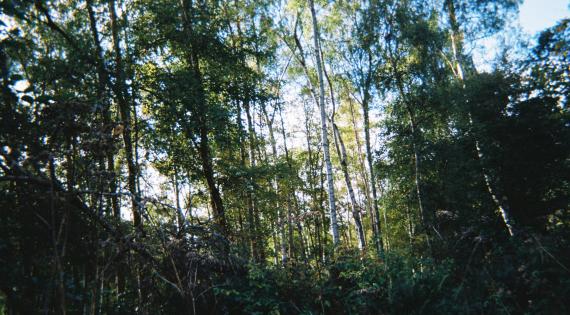
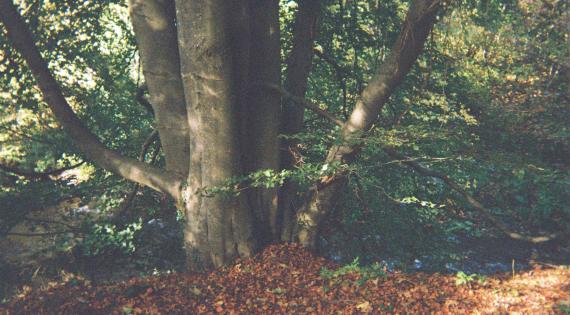



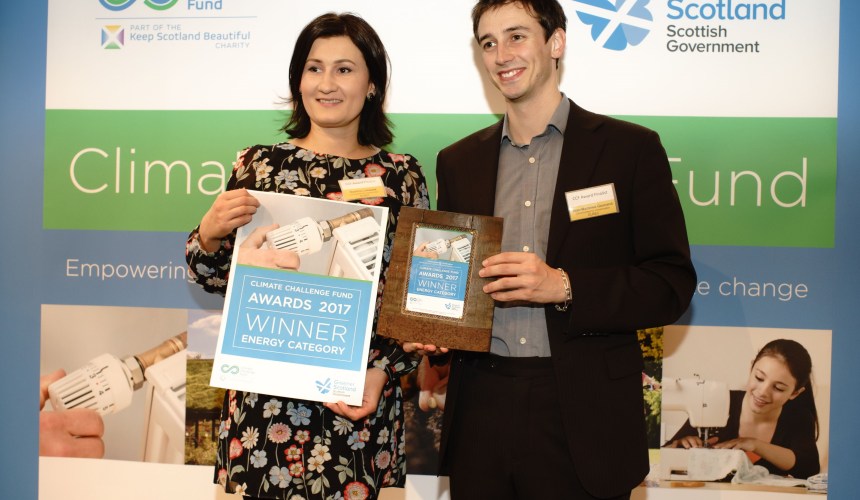
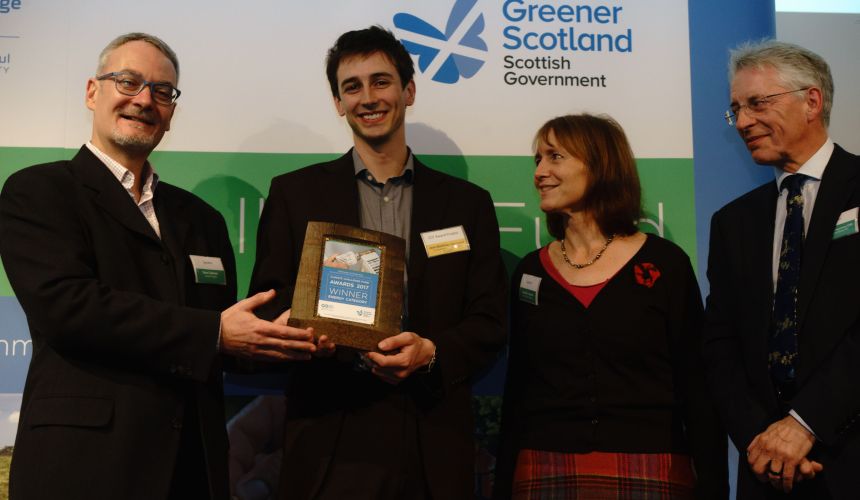
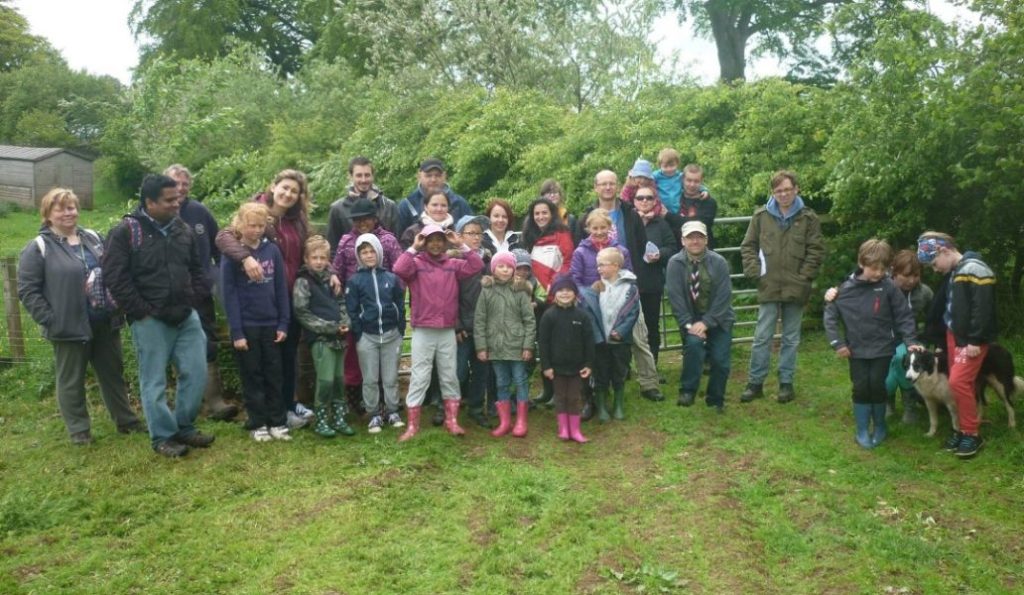
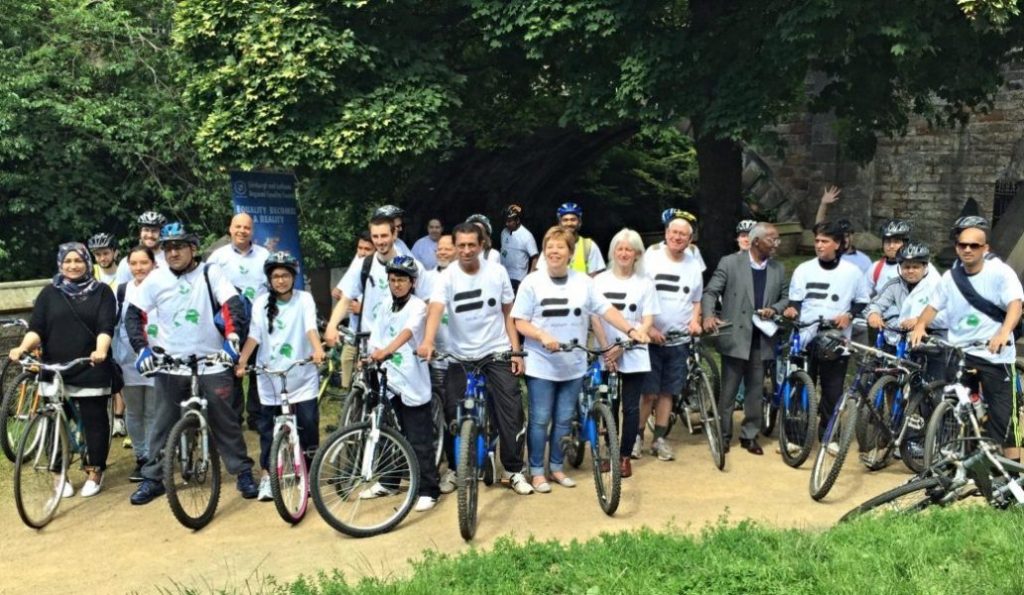
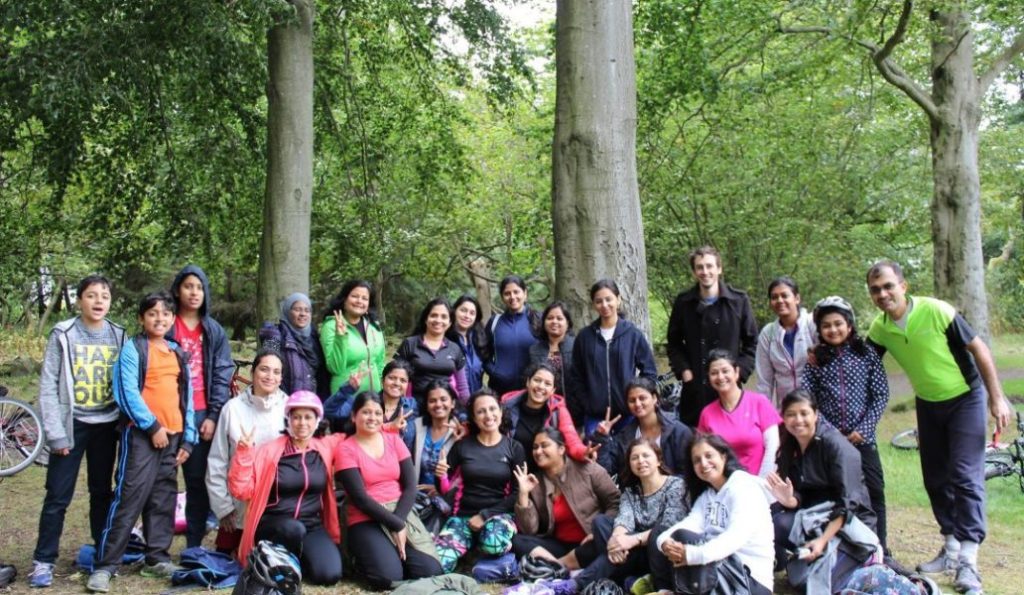
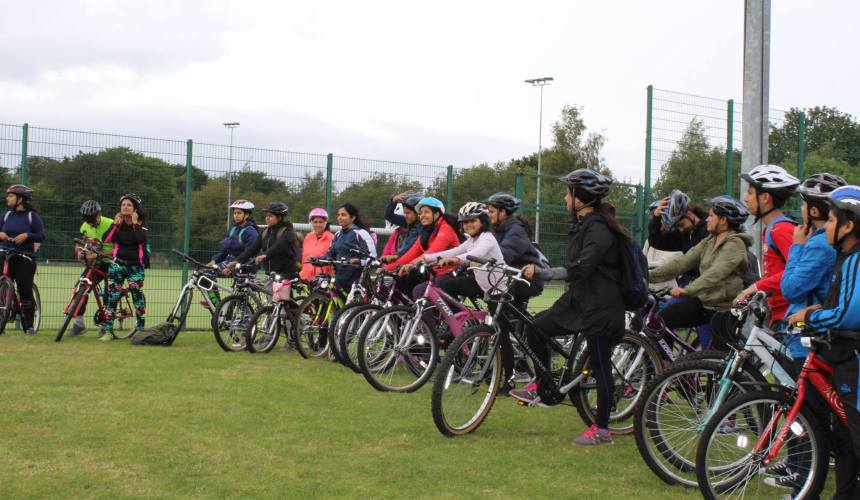
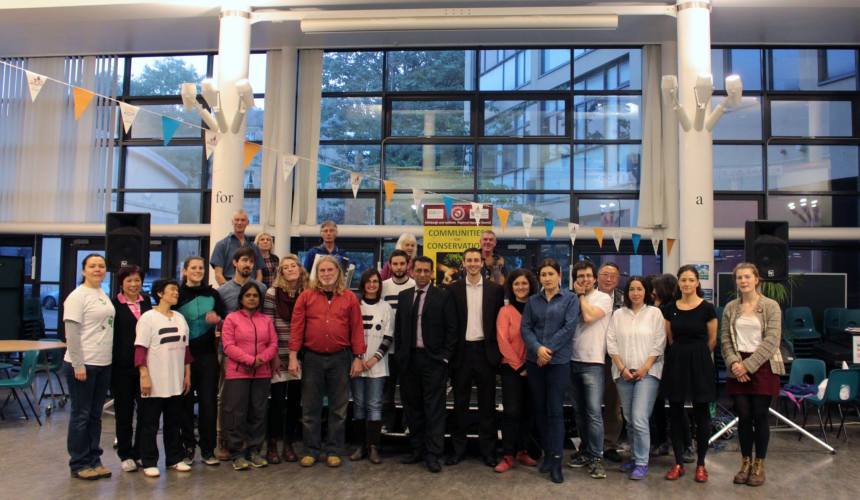
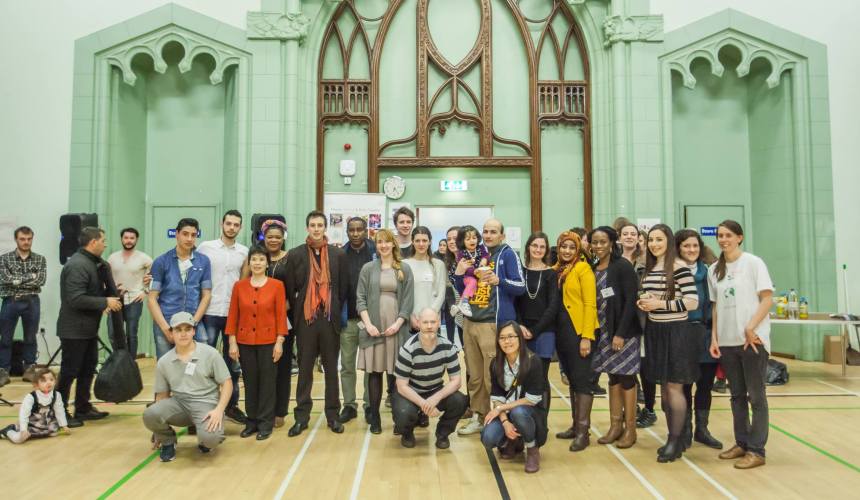

 Due to the COVID-19 pandemic and the lockdown and other emergency measures in place in the country, thousands of marginalised people in Scotland, including the ones in Edinburgh and Lothians lack access and understanding of the basic information on how to keep themselves and their communities safe and well. They include people who do not speak English, people with no or low literacy, and people without access to different forms of communication.
Due to the COVID-19 pandemic and the lockdown and other emergency measures in place in the country, thousands of marginalised people in Scotland, including the ones in Edinburgh and Lothians lack access and understanding of the basic information on how to keep themselves and their communities safe and well. They include people who do not speak English, people with no or low literacy, and people without access to different forms of communication.